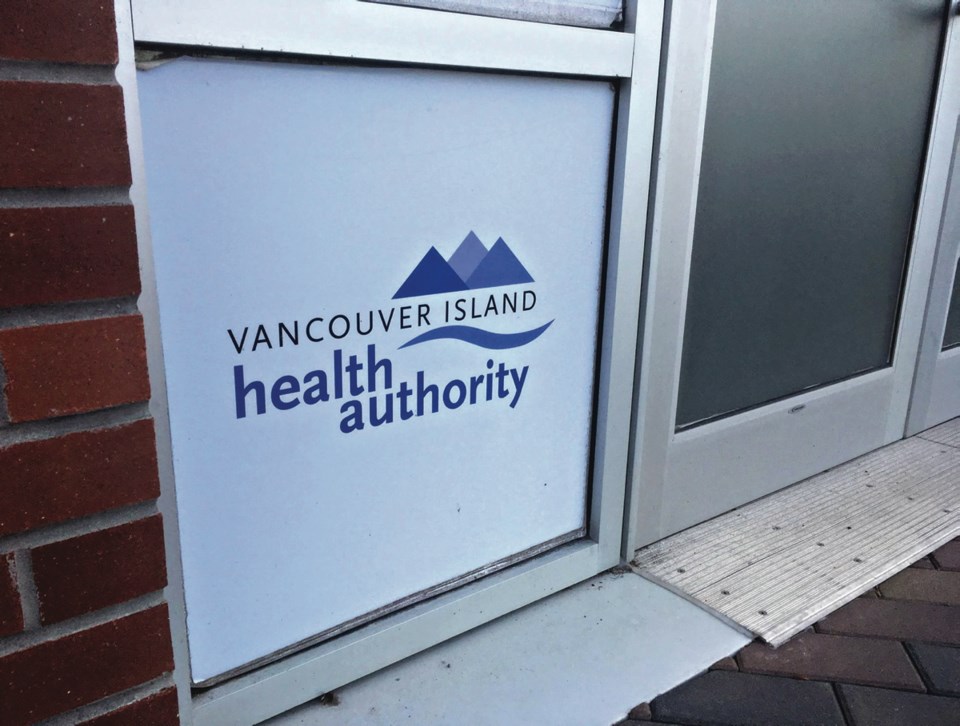Island Health will issue free pharmaceutical-grade opioids to people at risk of overdose in the Cowichan Valley.
The four-year, $2-million pilot project was announced Wednesday by the health authority and the federal and provincial governments.
Officials hope the free opioids will save lives and provide an alternative to the increasingly toxic drug supply that has claimed at least 5,605 lives in B.C. since 2015.
“In a given week, probably as many people die from illicit drug overdoses as die from the pandemic — some weeks more,” said Dr. Richard Stanwick, Island Health’s chief medical health officer.
The contrast is even more stark on Vancouver Island. “We’ve been averaging four to six deaths a week on the Island from overdose. And it’s a younger population being affected.”
The pilot project is needed as the public health emergency that began in April 2016 drags on, he said. “There’s an absolutely poisonous drug supply out there.”
For the fifth week in a row, Island Health has put out public alerts warning people about the toxicity of the drug supply, but Stanwick thinks the messages are losing their effectiveness.
“We just keep running it and the answer out there is: ‘Yeah, tell me something new.’ In the past, those alerts were quite effective when we saw something this poisonous appear.”
The pilot project will begin in September and will involve up to 25 people. Patients will be screened and must commit to the program. They have to be willing to go to the Cowichan Valley Wellness and Recovery Centre, an overdose prevention site, where they will be given one to two tablets of hydromorphone up to five times a day. Drugs must be taken under direct supervision.
“There will be some people who find they can’t commit to the schedule and the way the program is administered,” said Stanwick.
“Honestly, we recognize that for some people this will be a means of maintaining them in a much safer way than using the toxic drug supply. But others will transition onto suboxone and ideally find their way off drugs.
“You have to keep people alive to be able to give them the opportunity to find the right treatment for themselves. Those who can’t, deserve access to a product that won’t kill them.”
Stanwick emphasized that the pilot project does not simply involve handing out opioids.
“There will be wrap-around services for people who are challenged in terms of treatment options,” he said.
“They will get mental-health support, the primary-care support, the peer support and even their own personal program. So this is not to be a standalone initiative, but embedded in other services.”
The project draws on the $76.2 million Ottawa announced in July 2019 for new measures to protect people from an illegal drug supply that contains toxic fentanyl and address growing methamphetamine use.
Duncan was chosen as the location for the pilot project because other trials such as the North American Opiate Medication Initiative, which provided heroin, were located in larger centres like Vancouver and Montreal, said Stanwick.
“This is a unique opportunity to see how a smaller community can meet the needs of people who are dependent on opioids. The project will also try to determine if there are advantages in having the program in smaller communities.”
Officials hope the project will offer lessons for similar, subsequent programs.



